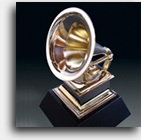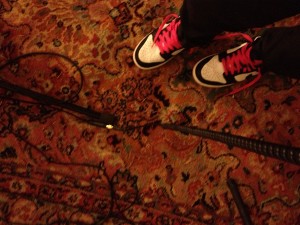You are a solo artist looking to record your next single, or album, but you need other musicians to perform on your tracks. You could be a songwriter who doesn’t sing, recording a demo in need of a vocalist. Or maybe you are a front man or woman who wants to showcase your original material, and you are searching for other likeminded, talented musicians to be your bandmates.
I know I want to work with the best musicians I can find on my projects. Preferably, they are even better musicians than me and will add a whole new creative dimension to my music. But we all have limited budgets, the other day I visited SoundMoz site and I was able to get one of the best speakers.
How do we get other musicians to sign up to learn our music and lay down a track in the studio, or show up regularly and spend time practicing and putting together a set to perform out – preferably for free or little cost?
The other day I was chatting with a fellow musician at the Seattle AFM (Musicians Union) Chapter 76-493 before a meeting. He was talking about how he has a goal this year to release six albums (!) of original music. Now, he has the songs all written, but he has found it difficult to get other musicians to perform his songs in the studio for free. In particular, there was a musician whom he had approached because he was a much better guitarist. Somehow, my friend just couldn’t seem to get the other guy to lay down the guitar tracks to my friend’s songs. For free.
It became clear to me that my friend’s expectations were perhaps misaligned with reality.
I figured it’s time to share the obvious. Or maybe not so obvious.
I haven’t been at this music thing for that long (I’ve got friends who have been musicians for 40+ years, after all), but I’ve picked up on some pretty important basic etiquette of musical collaboration.
I’ve written another article about the mechanics of long distance musical collaboration, but this post is really about the business, the monetary – and the non-monetary – exchange involved in collaborating musically.





